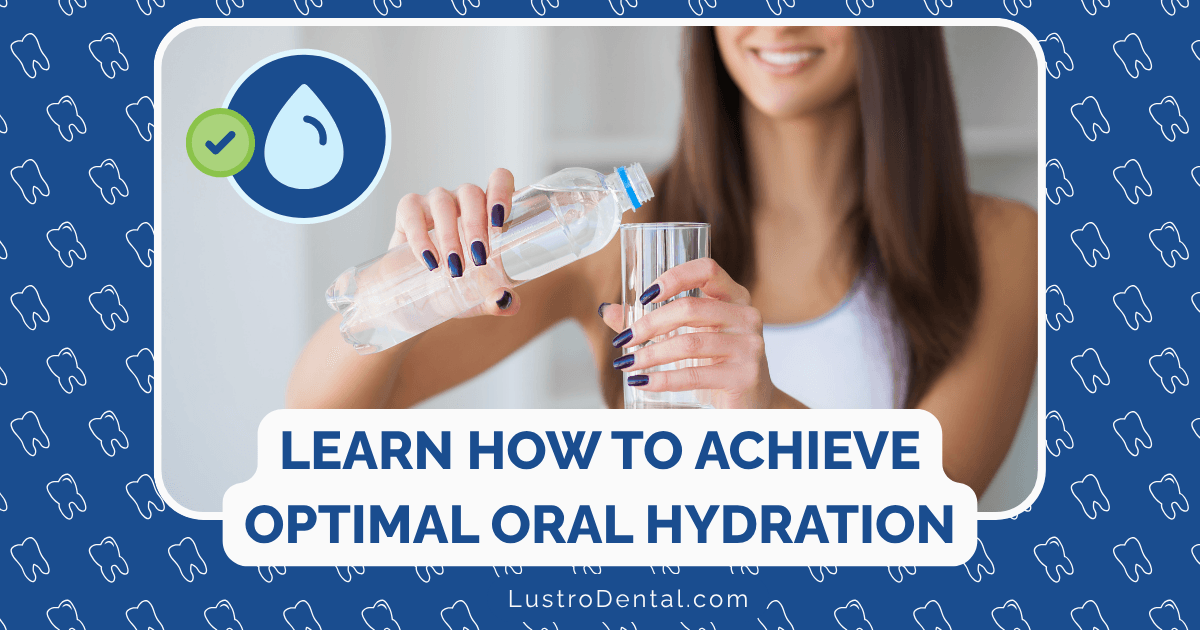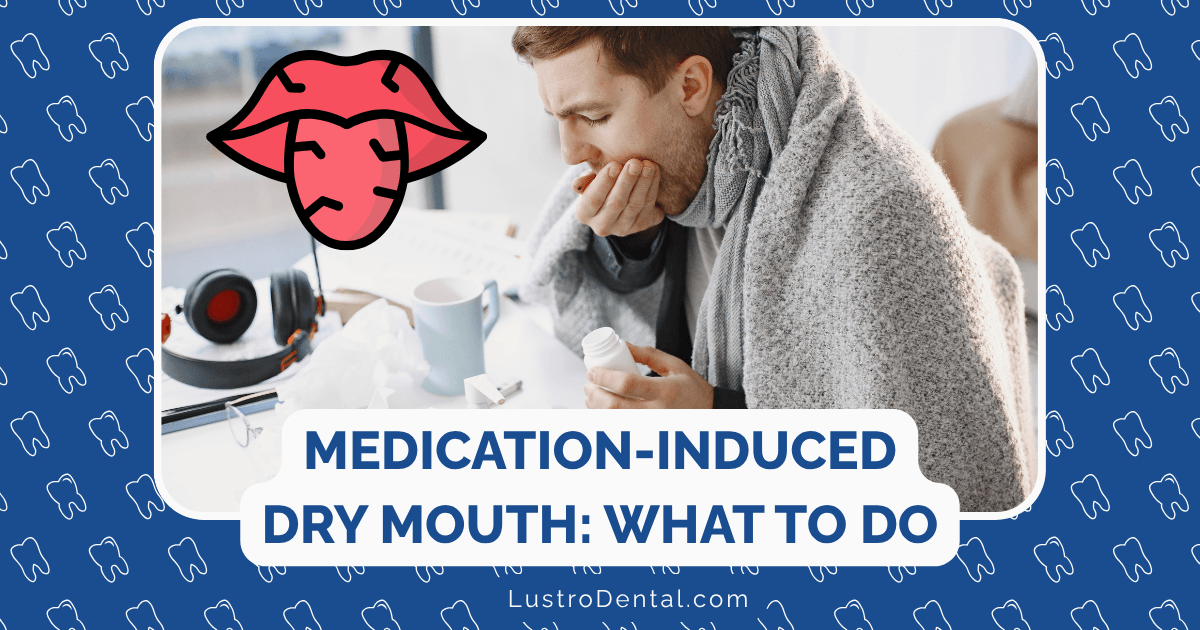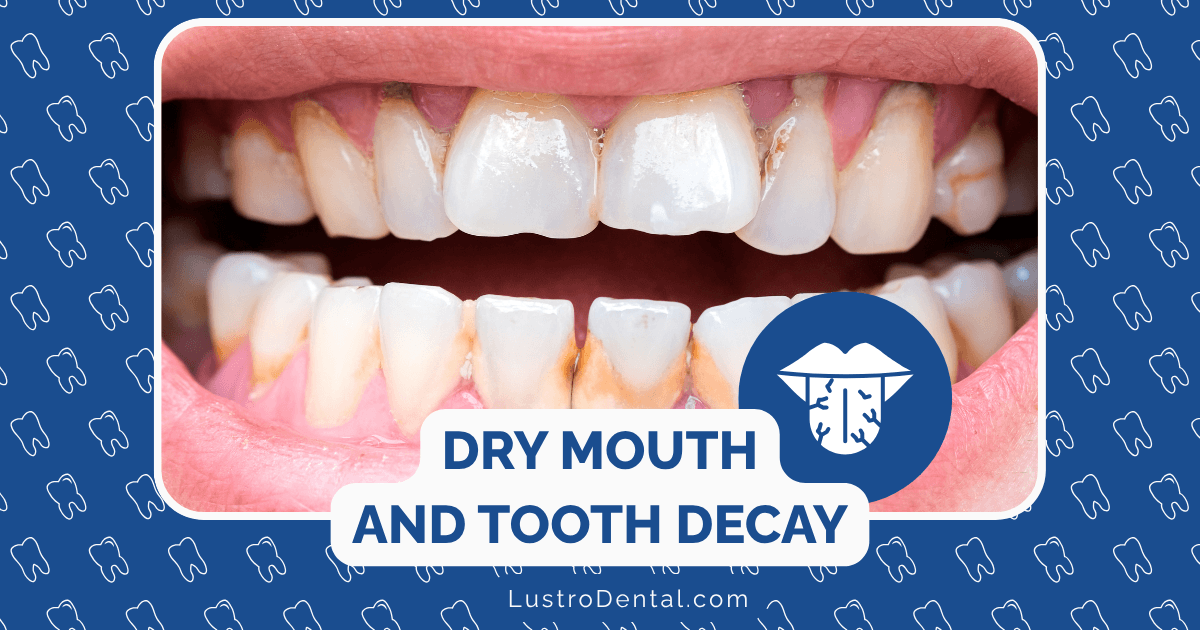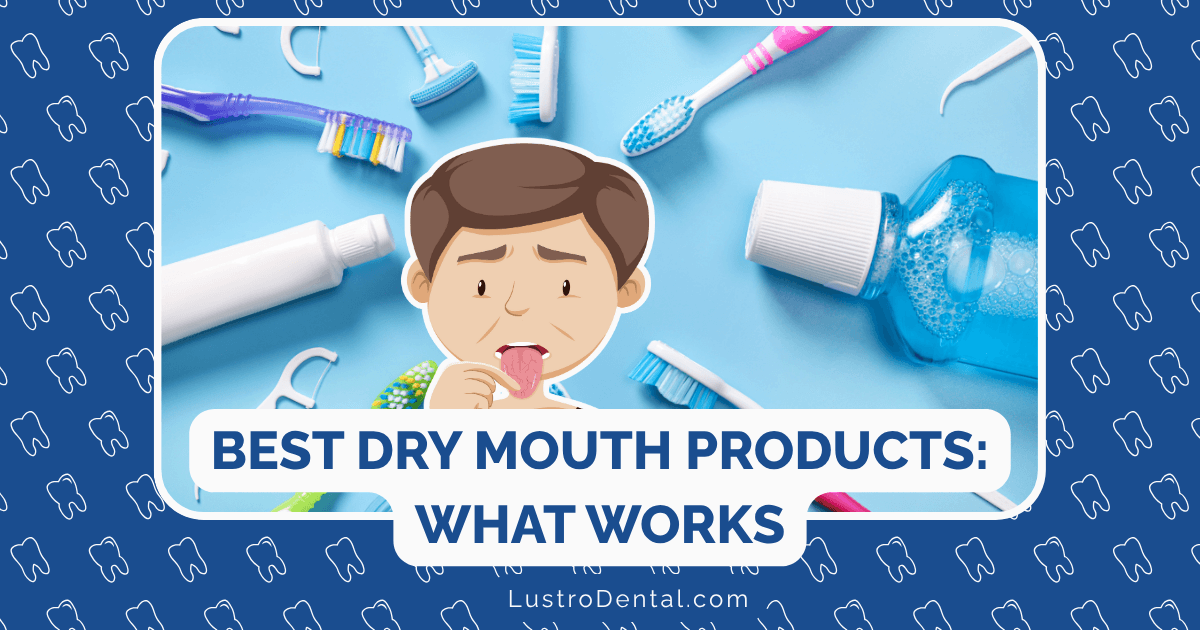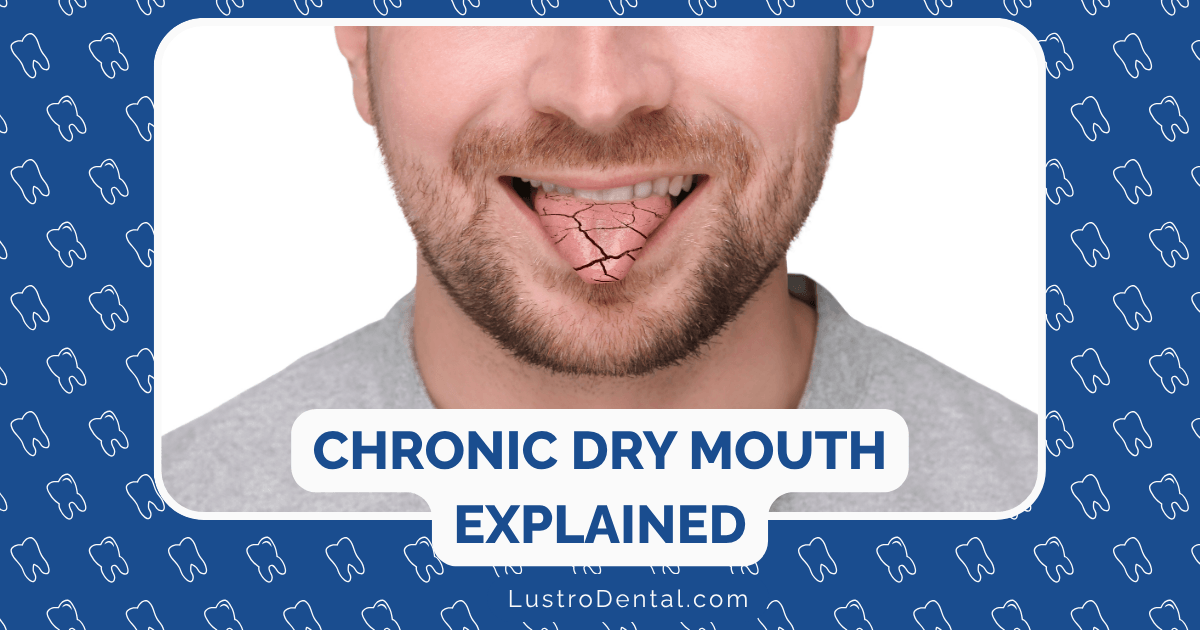The Impact of Sleep Quality on Oral Inflammation and Healing
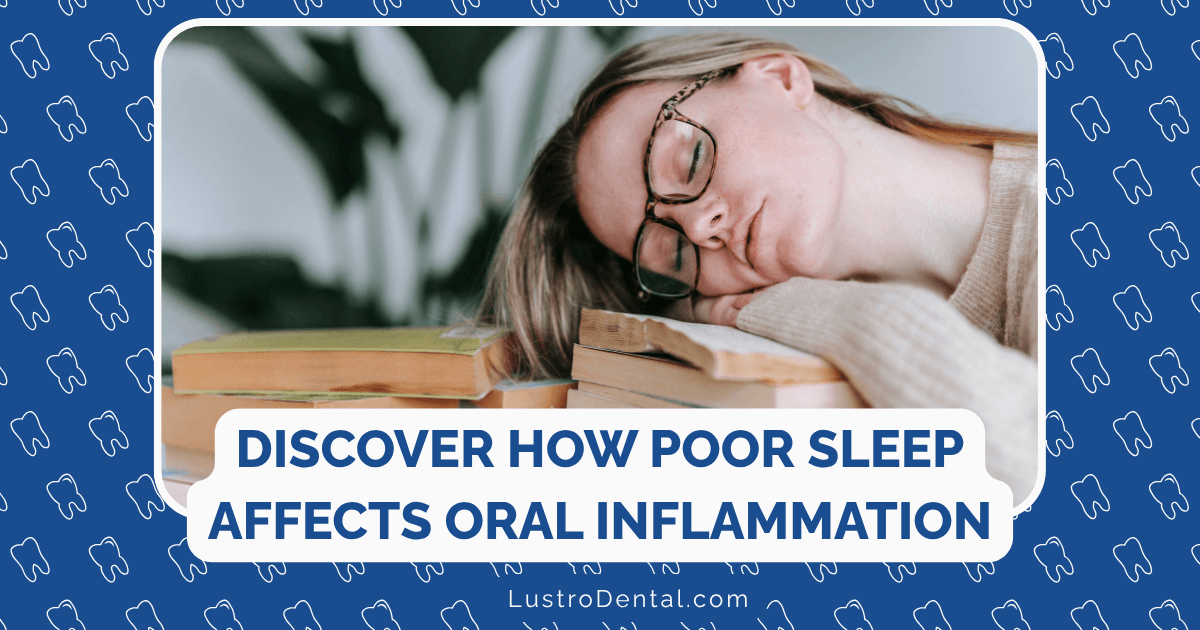
We often hear about the importance of sleep for overall health—from cognitive function to cardiovascular wellness. Yet one crucial aspect frequently overlooked is how the quality of our sleep profoundly affects our oral health, particularly when it comes to inflammation and the healing processes within our mouths.
As a dental health advocate, I’ve observed firsthand how sleep patterns can significantly influence oral health outcomes. The relationship is bidirectional and complex: poor sleep can exacerbate oral inflammation, while oral health issues can disrupt sleep quality. This creates a cycle that, if left unaddressed, can lead to chronic oral health problems and diminished well-being.
In this comprehensive guide, we’ll explore the fascinating science behind sleep’s impact on oral inflammation and healing, backed by the latest research, and provide practical strategies to optimize both your sleep and oral health.
The Science of Sleep and Oral Health: A Bidirectional Relationship
Recent scientific evidence has established a clear connection between sleep quality and oral health. A 2024 systematic review and meta-analysis published in PubMed Central analyzed data from 36,559 participants across multiple studies and found a significant association between poor sleep quality and deteriorated oral health.
How Sleep Affects Your Mouth
During healthy sleep, particularly during deep sleep stages, our bodies engage in critical restorative processes that directly benefit oral tissues:
1. Cellular Repair and Regeneration
Sleep is when our bodies conduct essential maintenance and repair work. Dr. Sarah Johnson, a leading periodontist, explains: “During deep sleep phases, the body increases production of growth hormone and proteins necessary for tissue repair. This is when the gingival tissues, oral mucosa, and even tooth-supporting structures undergo regeneration.”
Research indicates that during quality sleep:
- Cell division accelerates
- Protein synthesis increases
- Tissue regeneration is optimized
- Blood flow to oral tissues improves
These processes are crucial for maintaining healthy gums, repairing minor daily damage to oral tissues, and supporting overall oral health.
2. Immune Function and Inflammation Control
Perhaps most significantly, sleep quality directly impacts our immune system’s ability to regulate inflammation—a key factor in many oral health conditions.
According to a groundbreaking study published in News Medical in February 2025, even a single night of sleep deprivation can trigger inflammatory immune changes similar to those seen in chronic inflammatory conditions.
The research found that:
- Sleep deprivation increases pro-inflammatory cytokines
- Immune cell profiles shift toward a pro-inflammatory state
- These changes mirror those seen in chronic inflammatory conditions
- The effects begin after just 24 hours of sleep disruption
Dr. Michael Chen, immunologist and researcher, notes: “What’s particularly concerning is how quickly these inflammatory changes occur. After just one night of poor sleep, we see measurable increases in inflammatory markers that can affect tissues throughout the body, including the oral cavity.”
3. Saliva Production and Composition
Quality sleep also influences our saliva—the mouth’s primary defense system:
- During deep sleep, the body maintains basal saliva production
- Disrupted sleep can alter both the quantity and quality of saliva
- Reduced saliva flow creates a more favorable environment for bacteria
- Changes in saliva composition may reduce its antimicrobial properties
A 2025 study presented at the SLEEP annual meeting established a positive association between sleep duration and oral microbiome diversity, suggesting that adequate sleep supports a healthier balance of oral bacteria.
The Consequences of Poor Sleep on Oral Inflammation and Healing
When sleep quality is compromised, several negative consequences for oral health can emerge:
1. Increased Gingival Inflammation
Research published in the Journal of Sleep Research found that individuals with poor sleep quality showed significantly higher levels of gingival inflammation compared to those with healthy sleep patterns. This manifests as:
- Reddened, swollen gums
- Increased bleeding during brushing or flossing
- Greater susceptibility to gingivitis
- Accelerated progression of existing periodontal disease
The mechanism appears to involve elevated systemic inflammation markers, particularly interleukin-6 and C-reactive protein, which are known to increase during sleep deprivation.
2. Compromised Healing After Dental Procedures
Sleep quality significantly impacts recovery following dental treatments:
- Extraction sites heal more slowly
- Gum tissue takes longer to regenerate after periodontal procedures
- Implant osseointegration may be compromised
- Post-operative complications occur more frequently
Dr. Jennifer Williams, oral surgeon, shares: “I can often predict which patients will experience delayed healing based on their sleep patterns. Those reporting poor sleep quality typically take 20-30% longer to heal completely after surgical procedures.”
3. Reduced Effectiveness of Oral Immune Responses
The mouth is constantly exposed to potential pathogens, and sleep disruption hampers the immune system’s ability to respond effectively:
- Decreased neutrophil activity in oral tissues
- Reduced production of antimicrobial peptides in saliva
- Impaired mucosal immune responses
- Increased vulnerability to opportunistic infections
4. Exacerbation of Oral Ulcers and Mucosal Lesions
A 2023 study published in BMC Oral Health used Mendelian randomization analysis to establish a causal relationship between sleep quality and oral ulcers. The research provided robust evidence that enhanced sleep quality confers a decreased risk of oral ulcers, while poor sleep:
- Increases frequency of recurrent aphthous ulcers (canker sores)
- Prolongs healing time for existing lesions
- Intensifies pain associated with oral mucosal conditions
- May trigger flare-ups of conditions like lichen planus
5. Altered Oral Microbiome
The community of bacteria in our mouths—the oral microbiome—is significantly affected by sleep quality:
- Sleep disruption shifts the balance toward more pathogenic bacteria
- Beneficial bacteria populations may decline
- Biofilm formation and maturation accelerates
- The risk of dysbiosis (microbial imbalance) increases
The 2025 SLEEP meeting research highlighted that teenagers and young adults with longer sleep duration showed greater oral microbiome diversity, which is generally associated with better oral health outcomes.
Sleep Disorders and Their Specific Impacts on Oral Health
Certain sleep disorders have particularly pronounced effects on oral inflammation and healing:
Obstructive Sleep Apnea (OSA)
OSA creates a perfect storm for oral health problems:
- Increased mouth breathing dries oral tissues
- Repeated oxygen desaturation triggers inflammatory responses
- Frequent microarousals disrupt restorative sleep phases
- The condition is associated with higher rates of periodontitis
According to research from Sacramento Family Dentist, individuals with OSA have a statistically higher prevalence of periodontal disease, creating a bidirectional relationship where each condition exacerbates the other.
Insomnia
Chronic insomnia affects oral health through multiple pathways:
- Reduced total sleep time limits tissue repair opportunities
- Stress hormones associated with insomnia promote inflammation
- Immune function becomes compromised
- Behavioral changes may include reduced oral hygiene compliance
Sleep Bruxism
This sleep-related movement disorder directly impacts oral tissues:
- Mechanical stress from grinding damages teeth and restorations
- Excessive forces on periodontal ligaments trigger inflammatory responses
- Muscle inflammation in the masticatory system can become chronic
- The condition often coexists with sleep disruption, compounding effects
Practical Strategies to Improve Sleep Quality for Better Oral Health
Given the significant impact of sleep on oral inflammation and healing, implementing strategies to improve sleep quality becomes an essential component of comprehensive oral health care:
1. Optimize Your Sleep Environment
Creating conditions conducive to quality sleep:
- Temperature regulation: Maintain a cool bedroom (65-68°F/18-20°C)
- Light management: Use blackout curtains or a sleep mask to minimize light exposure
- Noise control: Consider white noise machines or earplugs if necessary
- Comfortable bedding: Invest in a supportive mattress and pillows
2. Establish Consistent Sleep Hygiene Practices
Regular habits that signal your body it’s time to sleep:
- Consistent schedule: Go to bed and wake up at the same times daily
- Wind-down routine: Engage in relaxing activities 30-60 minutes before bed
- Screen limitations: Avoid blue light exposure at least one hour before sleep
- Caffeine and alcohol awareness: Limit consumption, especially in the afternoon and evening
3. Manage Stress and Anxiety
Since psychological factors impact both sleep quality and oral inflammation:
- Mindfulness meditation: Even 10 minutes daily can reduce stress hormones
- Deep breathing exercises: Practice 4-7-8 breathing (inhale for 4 counts, hold for 7, exhale for 8)
- Cognitive behavioral therapy for insomnia (CBT-I): The gold-standard non-pharmaceutical approach for sleep issues
- Journaling: Write down concerns before bed to “park” them until morning
4. Address Sleep-Disordered Breathing
If you suspect sleep apnea or other breathing disorders:
- Consult a sleep specialist: Consider a sleep study if you have symptoms like snoring, gasping, or excessive daytime sleepiness
- Explore treatment options: CPAP therapy, oral appliances, or positional therapy
- Consider anatomical factors: Address nasal obstruction or other physical barriers to breathing
- Maintain healthy weight: Excess weight can contribute to airway obstruction
5. Enhance Your Oral Care Routine with Sleep in Mind
Specific oral hygiene practices to support the sleep-oral health connection:
- Evening routine timing: Complete thorough cleaning at least 30 minutes before bed
- Anti-inflammatory rinses: Consider alcohol-free mouthwashes with ingredients like chamomile or aloe vera
- Hydration strategies: Balance adequate water intake with minimizing nighttime bathroom trips
- Night guards when indicated: Use properly fitted devices if you have bruxism
Special Considerations for Different Populations
Children and Adolescents
Young people have unique considerations:
- Sleep needs are greater (8-10 hours recommended for teenagers)
- Digital device use often interferes with sleep quality
- Orthodontic treatment may temporarily impact sleep comfort
- Growth and development factors make quality sleep particularly important
The 2025 SLEEP meeting research specifically highlighted the importance of adequate sleep duration for maintaining a diverse and healthy oral microbiome in teenagers and young adults.
Older Adults
Aging brings specific challenges to both sleep and oral health:
- Sleep architecture naturally changes with age
- Medication side effects may impact both sleep and oral tissues
- Chronic conditions often affect both domains
- Dry mouth becomes more common and can worsen during sleep
Individuals with Chronic Inflammatory Conditions
Those with conditions like rheumatoid arthritis, diabetes, or inflammatory bowel disease:
- Often experience both sleep disturbances and oral manifestations
- May benefit from more aggressive sleep optimization strategies
- Typically require closer monitoring of oral inflammatory markers
- Should coordinate care between dental and medical providers
Case Studies: The Sleep-Oral Health Connection in Action
Michael’s Journey: Addressing Sleep to Heal Persistent Gum Disease
Michael, a 42-year-old executive, had been struggling with persistent periodontal disease despite excellent oral hygiene and regular dental care. A comprehensive health assessment revealed severe sleep apnea, with an apnea-hypopnea index (AHI) of 34 events per hour.
After beginning CPAP therapy and implementing sleep hygiene improvements:
- Gingival inflammation markers decreased by 40% within three months
- Bleeding on probing reduced from 35% of sites to 12%
- Pocket depths stabilized and began to improve
- Subjective mouth comfort significantly increased
Michael’s case illustrates how addressing an underlying sleep disorder can dramatically improve oral inflammatory conditions that were resistant to traditional treatments alone.
Jennifer’s Experience: Post-Surgical Healing and Sleep Quality
Jennifer, a 35-year-old teacher, required multiple dental implants following an accident. After her first implant surgery, healing was delayed, with prolonged pain and swelling. Before her second surgery, her dentist recommended a pre-surgical sleep optimization protocol:
- Two weeks of sleep schedule regularization
- Cognitive behavioral techniques for anxiety
- Temporary sleep medication for the first three post-operative nights
- Environmental modifications to her bedroom
The results were remarkable:
- Post-operative pain reduced by 60% compared to her first surgery
- Swelling resolved three days earlier
- Soft tissue healing was visibly accelerated
- Overall recovery time decreased by approximately one week
Jennifer’s experience demonstrates how proactively addressing sleep quality can significantly impact post-surgical healing outcomes.
The Future of Sleep-Oral Health Research
The field continues to evolve rapidly, with several exciting developments on the horizon:
Emerging Research Directions
- Chronobiology and oral tissues: How circadian rhythms specifically affect oral healing processes
- Microbiome interventions: Targeting the oral microbiome to improve both sleep and oral health
- Personalized sleep protocols: Tailoring sleep recommendations based on individual oral health needs
- Wearable technology: Using devices to track both sleep patterns and oral health markers simultaneously
Integrative Treatment Approaches
The future likely holds more collaborative approaches between:
- Sleep medicine specialists
- Dental professionals
- Immunologists
- Mental health practitioners
This integration promises more comprehensive care models that address the sleep-oral health connection from multiple angles.
Conclusion: A Dual Approach to Wellness
The relationship between sleep quality and oral inflammation represents a fascinating frontier in health science—one that bridges disciplines and offers new pathways to wellness. The evidence is clear: quality sleep is not a luxury but a necessity for optimal oral health, particularly when it comes to controlling inflammation and supporting healing processes.
By understanding and addressing this connection, we gain powerful tools for enhancing both domains. Whether you’re recovering from dental work, managing a chronic oral condition, or simply seeking to optimize your overall health, attending to sleep quality should be considered an essential component of oral health care.
Remember that small improvements in sleep can yield significant benefits for your mouth. Start with one change tonight—perhaps establishing a consistent bedtime or creating a more sleep-friendly environment—and you’ll be taking an important step toward healthier oral tissues and better overall well-being.
Your mouth and your body work as an integrated system, with sleep serving as a critical time for restoration and balance. By honoring this connection, you invest not just in better rest but in a healthier mouth for years to come.
Have you noticed connections between your sleep quality and oral health? Share your experiences in the comments below.


